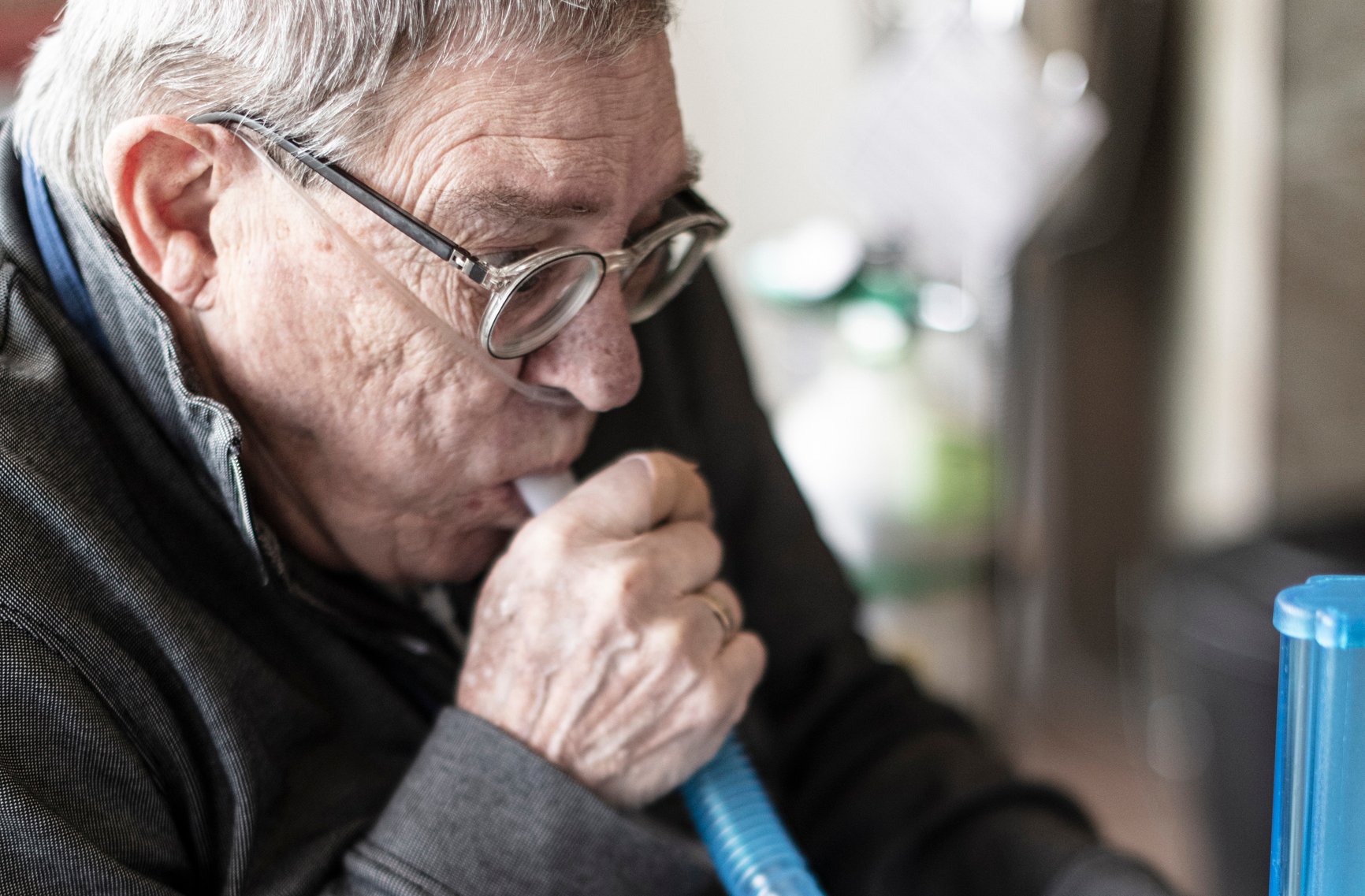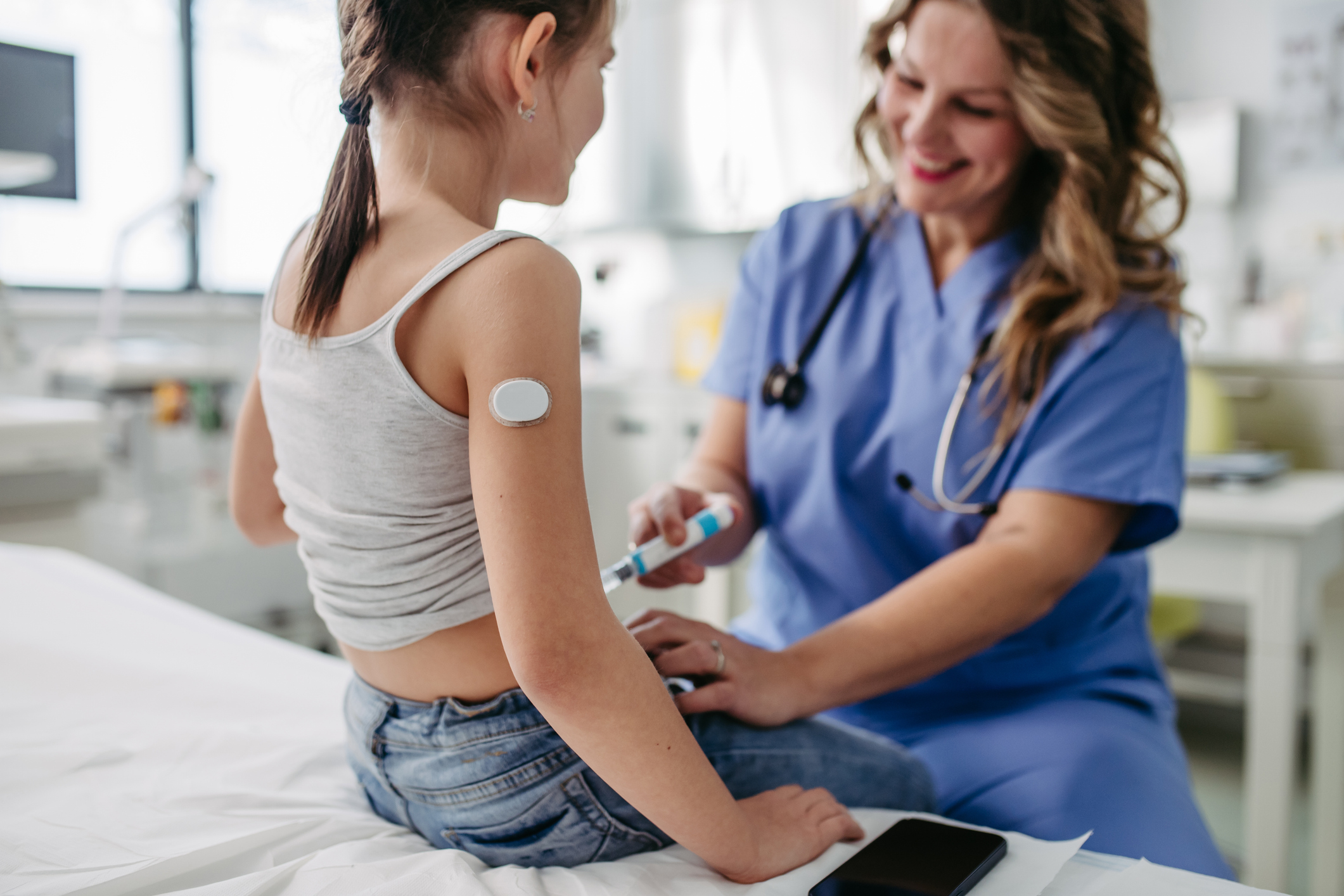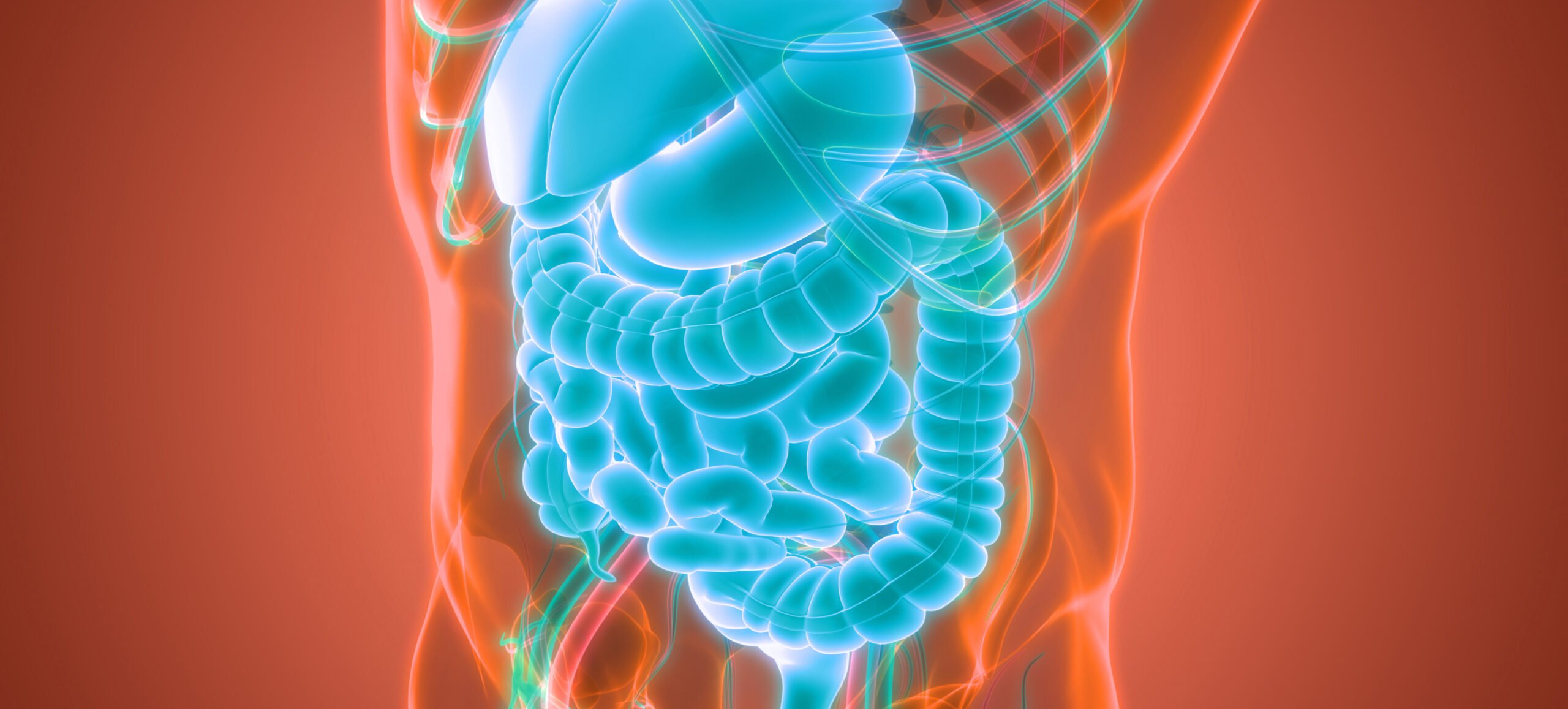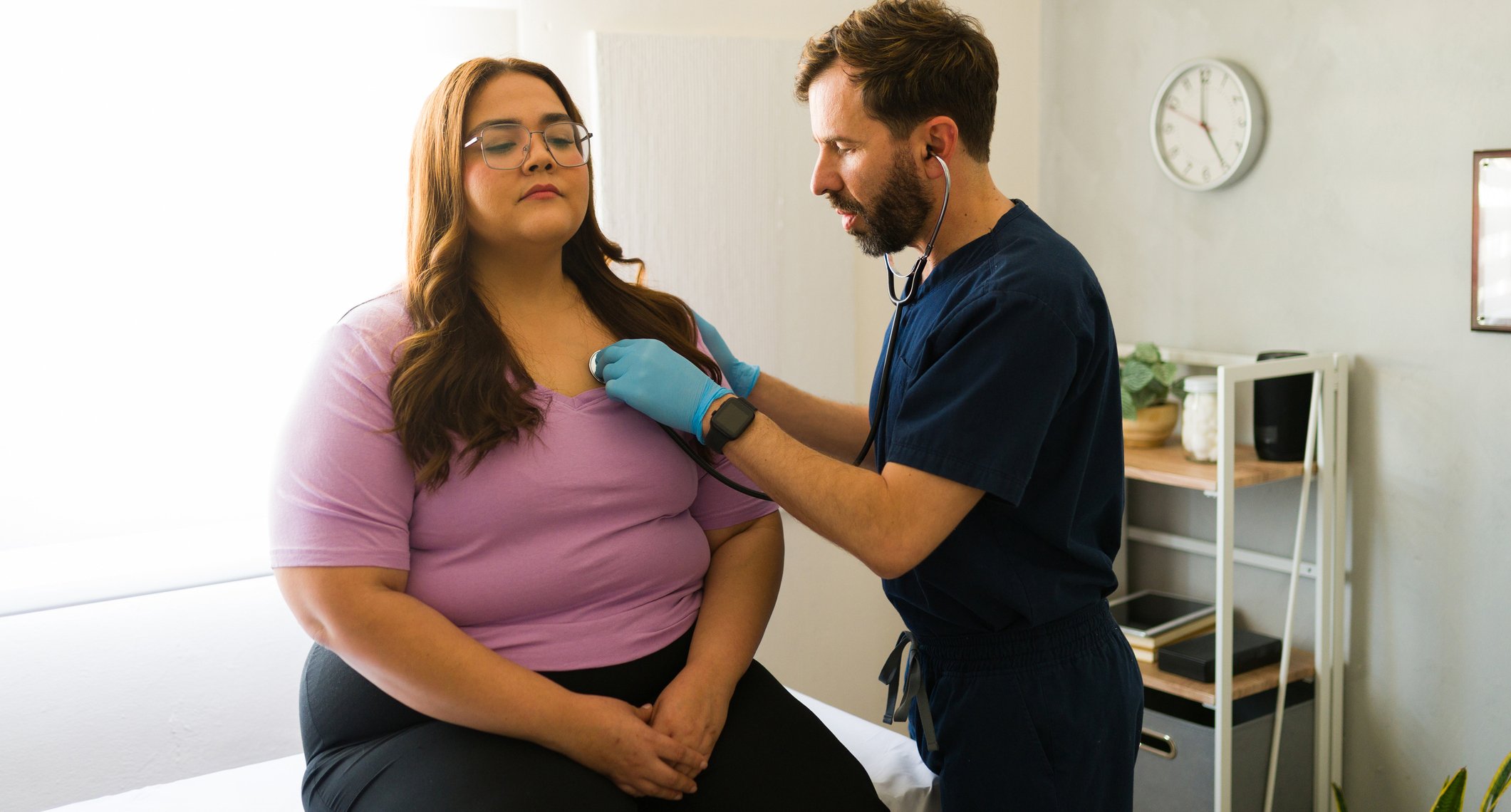The IMPAKT Breast Cancer Conference was held in Brussels in May. Topics of discussion included the tumor and outcome characteristics of the various molecular subtypes of breast carcinoma in men. Furthermore, we addressed the combination treatment consisting of CDK4/6 and PI3K/mTOR inhibition. Can the tumor cell cycle be stopped more sustainably with this than with monotherapy? And what mechanisms play a role in this?
They are few and far between, but they do exist: Men with breast cancer. Less than 1% of all breast tumors in the United States affect men. As is always the case with rare diseases, the data situation leaves much to be desired – especially that on the molecular biology of these tumors. A study presented at the IMPAKT Congress now tested the characteristics and outcomes of the different receptor subtypes in male breast cancer.
Included were 922 men with known receptor subtype. The U.S. government program National Cancer Institute’s Surveillance, Epidemiology and End Results (SEER), which has registered all cases of male breast cancer since 2010, was used as the database. Of the 922 men were:
- 757 (82%) hormone receptor-positive and HER2 receptor-negative (HR+/HER2-).
- 135 (15%) hormone receptor positive and HER2 receptor positive (HR+/HER2+).
- 19 (2%) triple negative (HR-/HER2-)
- 11 (1%) hormone receptor negative and HER2 receptor positive (HR-/HER2+).
How can the subtypes be characterized?
The subtypes did not differ significantly with respect to ethnicity or histology – or in other words, the groups were similar in these characteristics. In return, it was shown that men with triple-negative breast cancer were significantly younger at the time of diagnosis than those with hormone receptor-positive tumors. Also significantly different were receptor types with respect to histologic grade, tumor stage, and metastatic status at diagnosis and 1-year overall survival. Across all subtypes, this was 95%. Looking more closely at the groups, clear differences were found in favor of tumors expressing at least one receptor: patients with the HR+/HER2- subtype had the best prognosis (96.7%), followed by those with HR-/HER2+ (90%) and with HR+/HER2+ (89.9%). Patients with triple-negative breast tumors had by far the worst survival rate, 67.9%.
The two parameters “overall tumor stage” and “nodal status” only just missed the significance threshold, i.e. the subtypes did not differ – at least not to a statistically relevant extent (p=0.052 and p=0.051).
In conclusion, breast cancer subtypes also play a significant role in clinical tumor characteristics in men. Therefore, especially the effects on outcome and tumor pathology need to be further explored in the male collective as well.
Two better than one?
Another study investigated the effect of combined CDK4/6 and PI3 kinase/mTOR inhibition on tumor cell cycle in vitro and in vivo. That CDK4/6 inhibitors (such as palbociclib, which is approved in the United States) show activity in estrogen receptor-positive breast cancer is known from preclinical and clinical studies. It is also known that the sensitivity to CDK4/6 inhibitors is limited, i.e. the tumor cell cycle cannot be permanently stopped. If the tumor is exposed to the substance over a longer period of time, resistance develops, against which the combination of different active substances offers a solution at best.
By analyzing biological processes, the researchers were able to show that CDK4/6 inhibition alone does not in fact achieve permanent cell cycle arrest. The compound led to an increase in cyclin D1 expression. This cyclin promotes repeated cell cycle initiation independent of CDK4/6 inhibition by binding to CDK2. The paradoxical process can only be broken by a combination: if an inhibitor of the PI3K-AKT-mTOR pathway is added, the sensitivity of estrogen receptor-positive cell lines to CDK4/6 inhibition increases, since cyclin D1 expression is now suppressed. Thus, there is no transition to the S phase of the cell cycle and a permanent arrest of the cell cycle can be achieved. Also of interest, while CDK4/6 inhibition alone prevented apoptosis, the combination of the two agents induced it and was also highly effective in vivo. Thus, a cytostatic effect became a cytotoxic effect.
However, the addition of a second substance could not reverse resistance mechanisms that had already taken place, i.e. it could not restore the sensitivity of palbociclib-resistant cell lines. PI3 kinase inhibitors had no effect in this regard.
Highly active combination
The results show that combined CDK4/6 and PI3K/mTOR inhibition is highly active in estrogen receptor-positive breast cancer, and the agents together produce a potent cytotoxic effect. However, this did not reverse resistance to palbociclib, so new therapeutic approaches are urgently needed for these cases. CDK2 is thought to be important for both early and later (acquired) resistance. While early adaptive processes can be addressed by combined administration as mentioned above, long-term resistance is left out. The triple combination consisting of endocrine therapy, CDK4/6 and PI3 kinase inhibition is most effective. A corresponding phase I trial is currently being planned.
Source: IMPAKT Breast Cancer Conference, May 7-9, 2015, Brussels.
InFo ONCOLOGY & HEMATOLOGY 2015; 3(7): 30-31.











